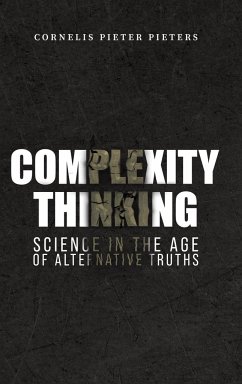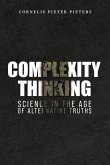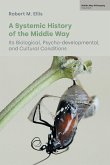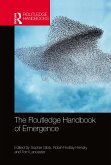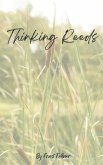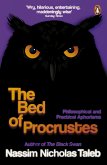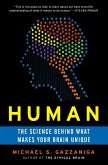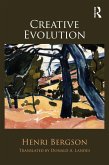Many scholars agree that we are currently living in post-ideological times, and that the role of religion and social ideology has become increasingly limited as a means to organise society. Some even talk of a ¿post-truth¿ era, as truth itself has become suspect, and public debate has become infected with terms such as ¿fake news¿ and ¿alternative truths.¿ In fact, in many scientific areas the notions of truth, objectivity and fact are being questioned, and are often even considered instruments that aim to perpetuate relationships of power of elites. This book aims to take a position in these debates by looking at the often-implicit associations behind truth, objectivity, and fact. By taking a complexity-informed, dialectical approach, a more encompassing understanding of these concepts can be developed, that both respects the formidable achievements of science, while being sensitive to the critique that has been raised, most notably by postmodern thought.
Hinweis: Dieser Artikel kann nur an eine deutsche Lieferadresse ausgeliefert werden.
Hinweis: Dieser Artikel kann nur an eine deutsche Lieferadresse ausgeliefert werden.

